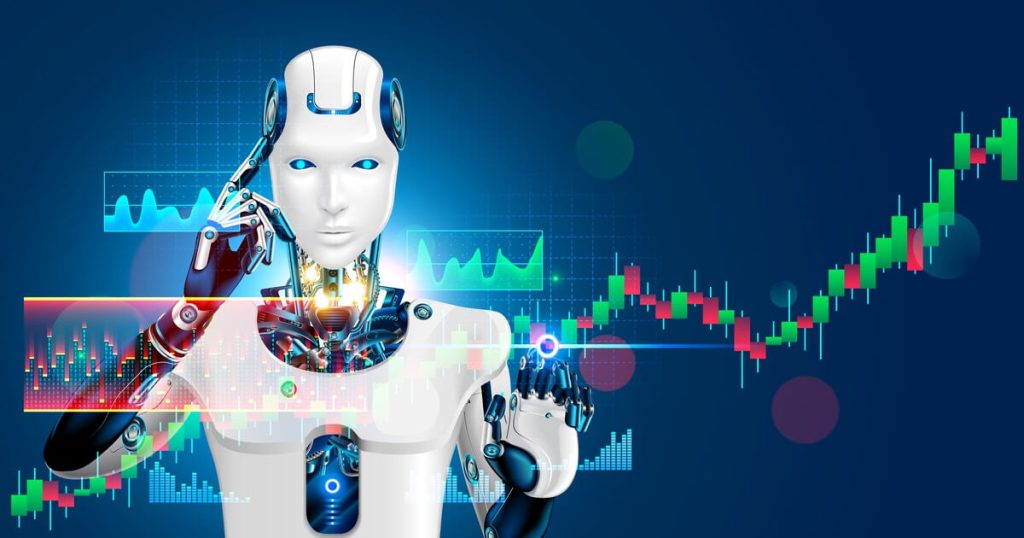From a business perspective, the implications of such AI advancements are profound, offering both opportunities and challenges for companies looking to stay competitive. For industries like automotive, where Karpathy’s expertise in self-driving technology is well-documented, new AI models could enhance vehicle safety systems and reduce operational costs by optimizing navigation and energy efficiency. Businesses can monetize these innovations through licensing AI software, offering subscription-based AI services, or integrating AI into existing products to create premium offerings. However, market entry barriers remain high due to the significant investment required for AI research and development, often exceeding millions of dollars annually for top firms as reported in 2025 industry analyses by McKinsey. Smaller companies may struggle to compete with giants like Tesla, Google, and Microsoft, which dominate the AI patent landscape with over 60% of global AI patents filed as of early 2025, per Statista data. To address this, partnerships and collaborations with AI startups or academic institutions can provide a cost-effective strategy for businesses to access cutting-edge technology. Additionally, regulatory considerations are critical, as governments worldwide are tightening data privacy laws and AI ethics guidelines in 2025, with the European Union’s AI Act setting strict compliance standards for high-risk AI systems.
On the technical front, implementing advanced AI systems like those potentially hinted at by Karpathy involves overcoming significant challenges, including data quality, model scalability, and real-time processing demands. For instance, autonomous driving AI requires vast datasets—often in the petabyte range as of 2025 studies by IBM—to train models for diverse scenarios, alongside robust hardware capable of handling complex computations. Solutions such as edge computing and cloud-hybrid architectures are gaining traction to address latency issues, with deployment costs dropping by 15% year-over-year as of mid-2025, according to Gartner reports. Looking ahead, the future of AI in 2025 and beyond points to increased personalization and adaptability, with models expected to evolve into more context-aware systems capable of learning from minimal data inputs. Ethical implications also loom large, as biased algorithms and lack of transparency remain concerns, necessitating best practices like regular audits and diverse training data. The competitive landscape will likely intensify, with key players investing heavily in talent acquisition and infrastructure—evidenced by a 20% increase in AI job postings from 2024 to 2025, per LinkedIn data. For businesses, staying ahead means not only adopting AI but also fostering a culture of continuous learning and ethical responsibility to navigate this dynamic field successfully.
In terms of industry impact, AI developments tied to thought leaders like Karpathy often catalyze innovation across multiple sectors. Beyond automotive, potential applications could include healthcare diagnostics, where AI improves accuracy by 30% compared to traditional methods as of 2025 research by Deloitte, or retail, where predictive analytics drives a 25% increase in sales efficiency. Business opportunities lie in creating AI-powered tools tailored to niche markets, such as small business automation or personalized customer experiences, which remain underserved as of mid-2025 market surveys by Forrester. By leveraging such advancements, companies can carve out competitive advantages while addressing implementation hurdles through scalable, modular AI solutions.
FAQ Section:
What are the main challenges in adopting advanced AI technologies in 2025?
The primary challenges include high R&D costs, data quality issues, and regulatory compliance. Businesses often face budgets in the millions for AI development, while ensuring unbiased, high-quality data remains critical for effective models. Additionally, compliance with evolving laws like the EU AI Act requires dedicated resources.
How can small businesses benefit from AI advancements in 2025?
Small businesses can partner with AI startups or use off-the-shelf AI tools to access affordable solutions. Focusing on niche applications, such as customer service chatbots or inventory prediction, allows them to improve efficiency without the overhead of in-house development.

